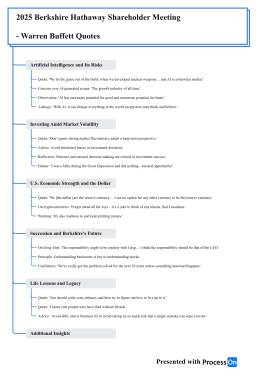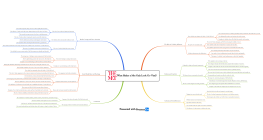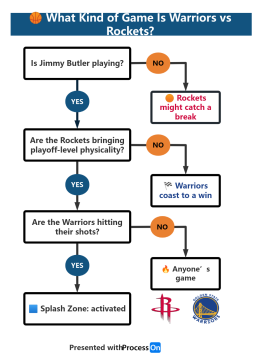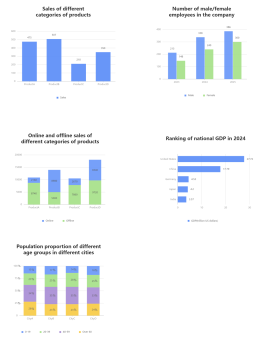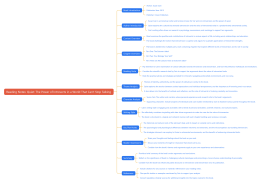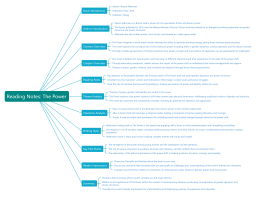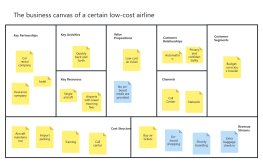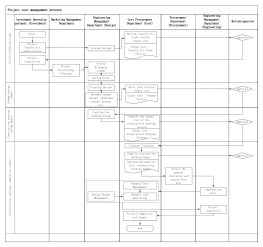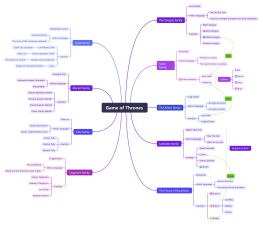Sunk Cost: The Power Invested in the Past
2024-09-26 10:56:31 170 0 Report 0
0
Login to view full content
This mind map explores 'Sunk Cost: The Power Invested in the Past,' delving into the multifaceted nature of sunk costs. In economics, sunk costs are irrecoverable investments, often leading to capital loss. Psychologically, they influence our reluctance to abandon unfinished tasks due to loss aversion. Common scenarios include business decisions and personal relationships, where past investments interfere with decision-making and cause resource misallocation. The map suggests strategies like clarifying decision boundaries and cultivating a growth mindset to mitigate sunk costs' impact. Additionally, it highlights the importance of educating society on rational investment to promote sustainable development.
Other creations by the author
Outline/Content
The Definition and Understanding of Sunk Costs
The concept of sunk costs in economics
Sunk and irrecoverable costs
Capital loss after investment failure
The irreversibility of time and energy
Sunk Costs from a Psychological Perspective
The influence of loss aversion
The persistence in unfinished tasks
Avoid the tendency to admit mistakes.
Common Scenarios of Sunk Costs
Sunk Costs in Business Decisions
Project delay and additional investment
Market exit barriers
The sunk cost in personal life
Ongoing investment in relationships
The persistence of hobbies or habits
The Impact and Response to Sunk Costs
Interference in the decision-making process
Overemphasizing past investments
Disregard future benefit assessment
Cause resource misallocation
Psychological burden
Regret and self-blame emotions
Impact on mental health
Hinder the attempt of new opportunities
Strategies and Skills
Clarify decision boundaries
Set the cost recovery standard
Regularly evaluate project value
Psychological adjustment and acceptance
Accept failure and learn to let go.
Cultivate a growth mindset
The Application and Insights of Sunk Costs
Application in Business Management
Project Evaluation and Risk Management
The importance of cost-benefit analysis
Flexibly adjust strategies to cope with uncertainty
Application in personal growth
Learn to cut losses and avoid over-investment.
Set goals and boundaries
Cultivate self-reflection ability
Insights into Society
Rational investment, avoid blindly following the trend
Educating the public to understand sunk costs
Promote the rational allocation of resources and sustainable development
0 Comments
Next page

